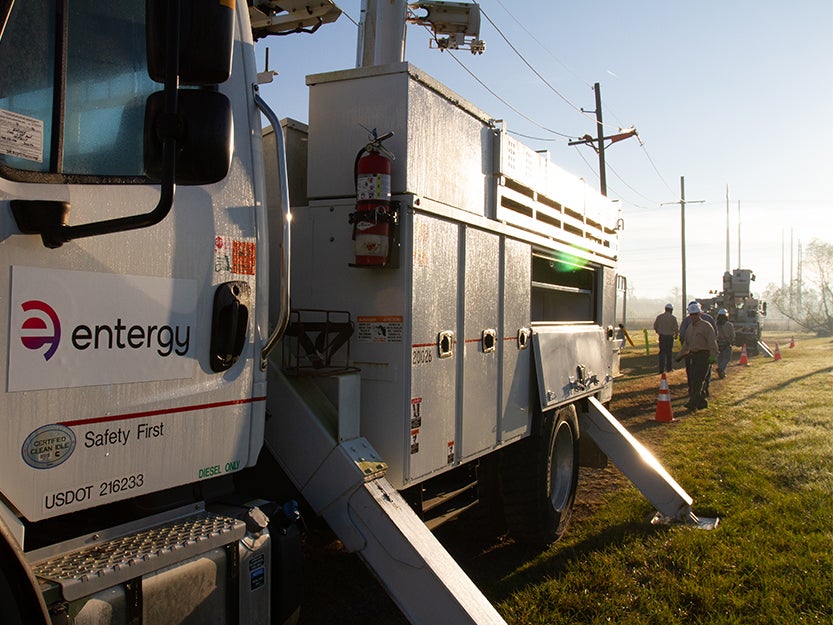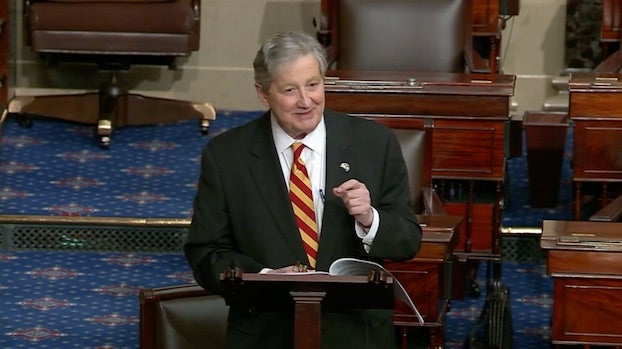City buying alternative fuel mowers
Published 10:31 am Monday, August 25, 2014
City officials are trying to do their part locally when it comes to maintaining good air quality in Calcasieu Parish.
At the last regular City Council meeting, an ordinance was passed to allow the city to purchase alternative fuel mowers for use by the Recreation and Parks Department. The small step falls in line with a growing discussion about how both Calcasieu and Cameron parishes are “on the bubble” with the U.S. Environmental Protection Agency when it comes to ozone numbers.
At a public meeting in July, representatives from IMCAL presented the council with information on how the region is attempting to improve air quality and also how local residents can make a difference. The topic of how often city employees mow lawns and when they happen to do it was also discussed. The alternative fuel mowers are a partial result of those discussions.
At the council’s last meeting, Mayor Randy Roach provided members with a statistic from a presentation on local air quality. He said that one hour of mowing with a regular mower is equal, in terms of ozone emissions, to driving an automobile 200 miles.
“These are primary sources of some of the problems that we have in the area and this is one way that we can address that issue,” Roach said. “We can’t afford the buses and some of the other things people would like to see us do, but this is one thing we can do.”
A failure to meet air quality standards is called non-attainment. This label is given to any place with a level of 75 parts per billion or higher. Attainment, or meeting the standards, is applied to any place below 75 ppb. As of last month, Lake Charles was at 74 ppb.
The expected industrial expansion headed to the region has only focused the efforts of the council and city officials.
“With all of this new development that’s coming, if we would fall into non-attainment, that would be devastating to our community,” said council president Stuart Weatherford. “I think that even if it’s marginally saving or marginally spending more, if at the end of the day it’s proven that it doesn’t save money, then it’s still probably worth saving on the emissions.





